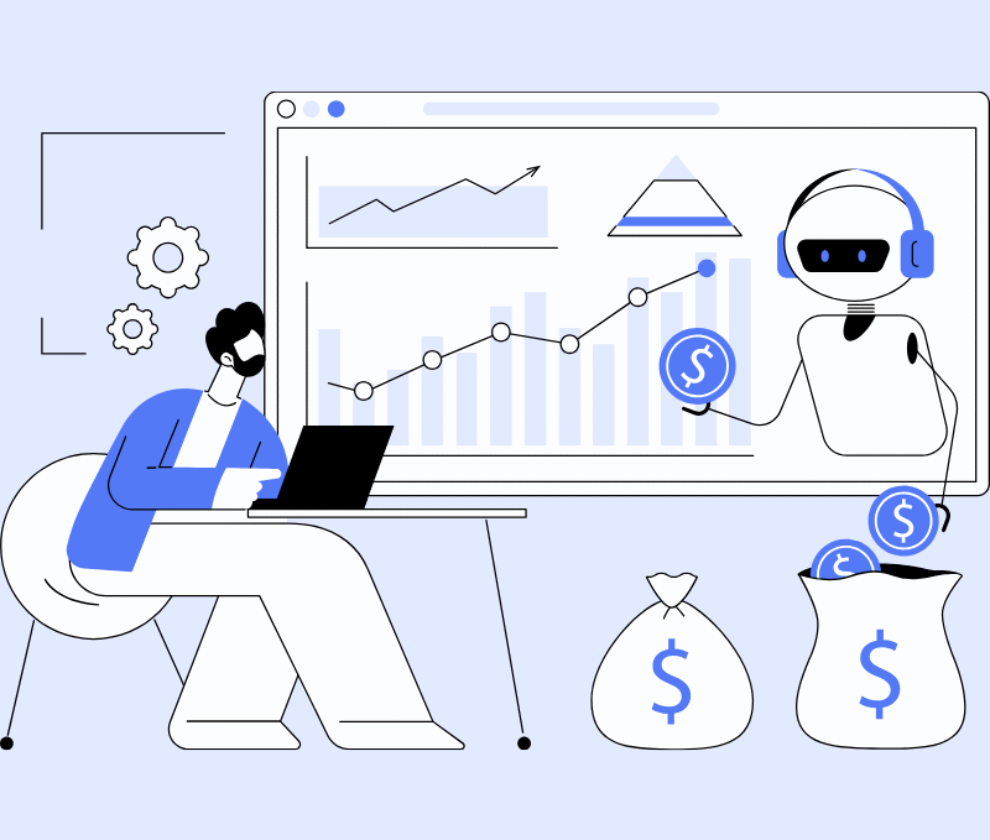
Introduction to AI-Driven Marketing Tools
AI-driven marketing tools are transforming how businesses connect with audiences. These innovations leverage advanced algorithms to deliver tailored experiences, boosting engagement and conversions. In 2025, the emphasis on hyper-personalization means tools must adapt in real time.
Marketers are increasingly adopting these solutions to streamline workflows. For instance, AI-driven marketing tools analyze data patterns and predict user behavior, creating customized campaigns. However, selecting the right ones requires understanding their capabilities.
This section explores five standout AI-driven marketing tools, each excelling in hyper-personalization. These tools automate processes while making interactions feel personal. Benefits include higher ROI and stronger customer loyalty. AI-driven tools are essential for staying competitive.
Tool 1: HubSpot's AI Personalization Engine
HubSpot’s AI personalization engine stands out as a key AI-driven tools for hyper-personalization. It uses machine learning to segment audiences based on behavior, ensuring content is tailored to individual preferences.
Emails and web experiences are optimized dynamically. For example, recommendations are generated in real time, increasing click-through rates. This tool integrates seamlessly with CRM systems.
Hyper-personalization is achieved through predictive analytics. User data is analyzed to forecast needs, which results in more relevant messaging. Approximately 70% of users report improved engagement with such features.
AI-driven tools like this one save time by automating routine tasks. It can be set up quickly for small businesses.
Tool 2: Salesforce Einstein
Salesforce Einstein is another powerful AI-driven tools designed for hyper-personalization. It employs AI to process vast datasets, enabling personalized customer journeys across channels.
Content is adapted based on past interactions, such as suggesting products that match browsing history. This ensures every touchpoint feels individualized. Recommendations are refined over time through continuous learning.
In practice, Einstein automates A/B testing and optimizes campaigns. Marketers can track performance metrics in real time. AI-driven tools like Einstein have been integrated by major brands to enhance retention.
Hyper-personalization is supported by its predictive capabilities, which forecast customer churn. This tool is favored for its scalability.
Tool 3: Google Analytics AI Insights
Google Analytics AI Insights serves as essential AI-driven tools for hyper-personalization in 2025. It harnesses AI to uncover patterns in user data, allowing for targeted content delivery.
Insights are generated automatically, highlighting trends that inform personalization strategies. For instance, demographic data is used to customize ads.
This tool integrates with other platforms, making it versatile for marketers. AI-driven marketing tools such as this one provide actionable recommendations quickly.
Reports can be visualized easily, aiding decision-making. Hyper-personalization is enhanced by its ability to segment audiences precisely. Overall, it drives better outcomes.

Tool 4: Optimizely's Personalization Suite
Optimizely’s Personalization Suite represents innovative AI-driven tools focused on hyper-personalization. It tests variations of content in real time, adapting to user responses for optimal experiences.
Experiments are run efficiently, with AI determining what works best. Personalization is applied across websites and apps, improving conversion rates.
For example, product pages are modified based on visitor data. AI-driven tools like this suite enable rapid iterations. They are particularly useful for e-commerce.
Hyper-personalization is facilitated by its machine learning algorithms, which learn from interactions. This results in higher customer satisfaction.
Tool 5: Dynamic Yield Platform
Dynamic Yield Platform is a top AI-driven marketing tools for achieving hyper-personalization in 2025. It uses AI to deliver real-time recommendations, tailoring content to individual users instantly.
Behavioral data is processed to create customized experiences, such as personalized email sequences. Marketers benefit from its predictive features.
Integration with e-commerce systems is straightforward. AI-driven tools like Dynamic Yield reduce abandonment rates significantly.
Hyper-personalization is key, as the platform adapts to preferences on the fly. This tool has been adopted by retailers worldwide. It stands out for its precision.
Conclusion: Embracing AI-Driven Marketing Tools
AI-driven marketing tools are revolutionizing strategies with hyper-personalization. The five tools discussed—HubSpot, Salesforce Einstein, Google Analytics AI Insights, Optimizely, and Dynamic Yield—offer robust solutions.
Each one automates processes while focusing on user-specific needs. In 2025, businesses must prioritize these for competitive edges. Adoption can lead to measurable growth.
Remember, effective use involves testing and refinement. AI-driven marketing tools will continue to evolve, making personalization even more impactful.

